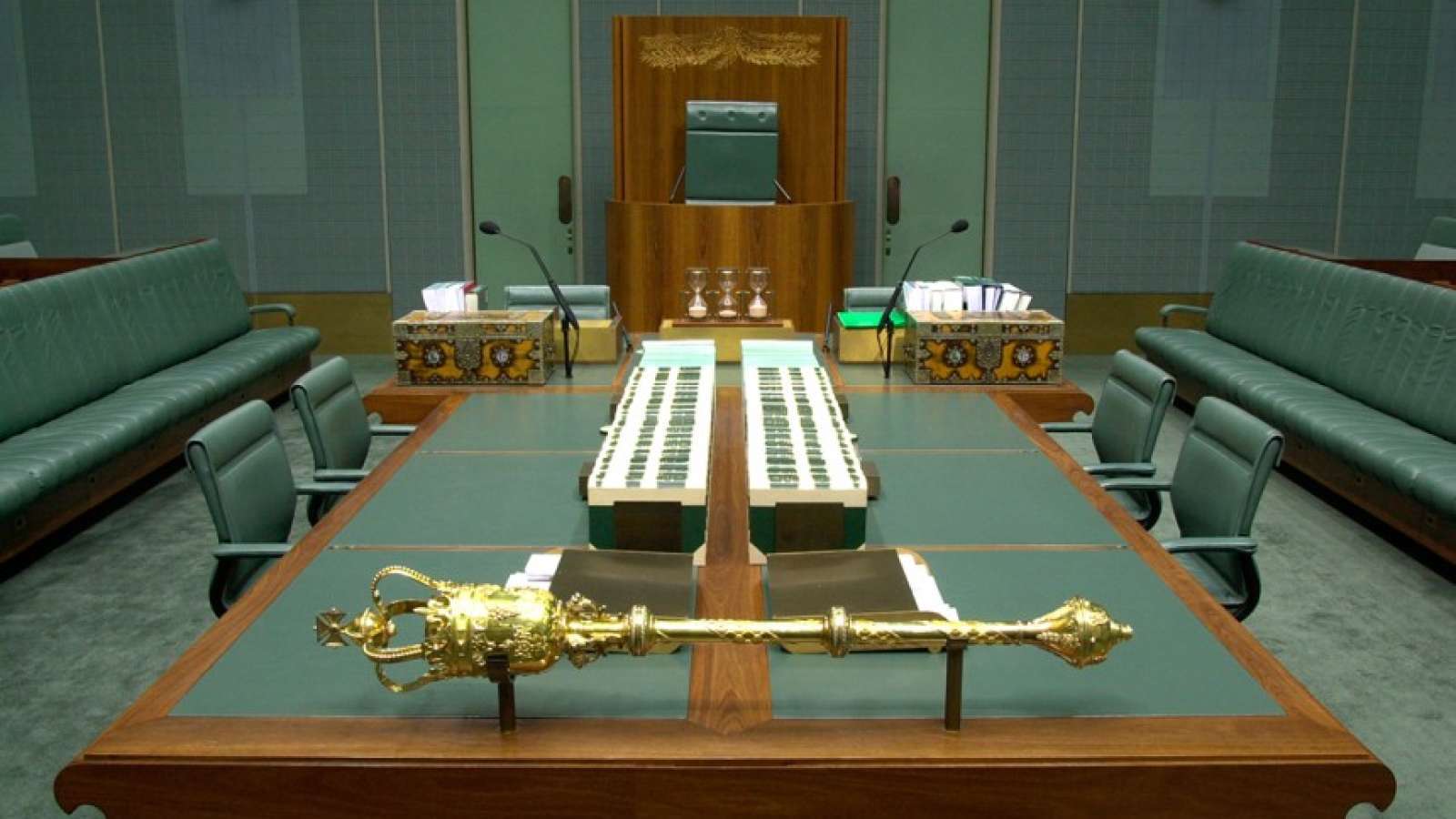MINNA, Nigeria – The Niger State House of Assembly has suspended the screening of commissioner-nominees submitted by Governor Umar Bago.
The lawmakers have taken issue with the low number of Christians represented on the list, calling the current composition “not fair enough.”
The list includes 30 names and reportedly contains only three Christians, representing a mere 10% of the total nominees.
The Christians on the list are Elizabeth Shaba from Paikoro LG, Ibrahim Mami Ijah from Tafa LG, and Mourice Magaji from Munya LG.
During an emergency meeting on Friday, July 28, 2023, summoned by the Speaker of the Niger Assembly, Abdulmalik Sarkindaji, lawmakers expressed their concern over the unfairness of the list.
They have insisted that the number of Christian nominees should be increased to at least 30% before proceeding with the screening process.
“When we received the list, we looked at it and discovered that there is no iota of guidance. And we, the lawmakers, especially the Principal officers, are already making a recommendation that Christians comprise 30% or at per cent of the executive council,” said Hon. Yusuf Baba Dabban, who represents Lavun Constituency, during his address at the Annual State Convention of the Women Wing of Christian Association of Nigeria, WOWICAN, Niger State chapter in Kutigi.
Dabban assured that the legislators would meet with Governor Bago to advise him on the need to adjust the list, adding, “we will advise him, and I know by the special grace of God he has a listening ear and he will listen to us.”
The decision to halt the screening has brought attention to the religious dimension of political appointments and reflected a broader call for fairness and unity within the state.
Earlier in the convention, the State Chairperson of WOWICAN, Deaconess Deborah Amina Gana, had urged the State Governor to see and treat all Nigerlites as one without religious, tribal, or political bias.
The suspension and the demands from the lawmakers come at a crucial time when Nigeria is grappling with questions of unity, religious coexistence, and representation.
The developments in Niger State may set a precedent for other states and regions, signaling a potential shift in how religious diversity is approached within the nation’s governance structure.
The governor’s office has yet to respond publicly to the lawmakers’ demands.
The situation presents a critical test for Governor Bago and may shape his relationship with the Assembly and religious communities throughout his tenure.







